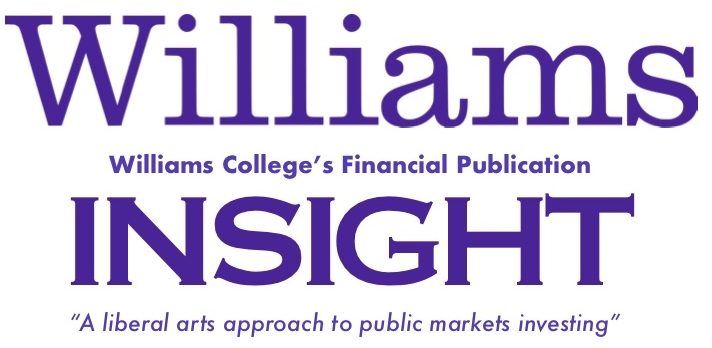By Michael Davis
As the parable goes, markets hate uncertainty. Right now, the tobacco industry has a lot of uncertainty. In the last decade, the percentage of adults who smoke decreased 700 basis points and increasing health-consciousness in the U.S. promises to decrease that number further. The government’s war against popular e-cig brand JUUL has not helped either. In the wake of 34 vaping related deaths, federal legislators have promised to introduce even more regulations onto the tobacco industry. These facts scare the market. But they shouldn’t scare you.
Enter Philip Morris International (PM). When I first started following PM back in September, the JUUL inquest was at its peak, an Altria-PM merger threatened PM’s independence, and the PM stock was trading at $71.90. My advice was to buy. I expected strong international sales, the introduction of IQOS (expanded upon below), and the fear of regulations to dissipate, all of which would culminate in a rebound. As of this article’s writing (1/15/20), PM trades at $88.80 (a 23.5% increase since I recommended buy). I was right. Dope. But now what? Is PM still a buy? My answer is still yes, but don’t expect the same fireworks.
Background:
After splitting from its parent company and JUUL owner, Altria, in 2008, Philip Morris has positioned itself as a top dog in the tobacco industry. And as the JUUL controversy has dampened Altria’s stock, Philip Morris has steadily rebounded and should continue to do so. As the industry transitions from combustibles to vapes, Philip Morris’ introduction of its IQOS product into U.S. markets will strengthen its foothold in the domestic market. And though this new e-cigarette is still only a piece of the Philip Morris pie, it has the potential to propel its parent company for years to come. So, what is IQOS? In real terms, it is a new type of e-cigarette that heats tobacco instead of burning it. This difference has been Philip Morris’ battle cry as they’ve marketed the product throughout the world, as they claim the heating process significantly reduces the level of harmful chemicals introduced into the lungs. The FDA maintains that tobacco in any form is dangerous, but if JUUL has taught us anything, it’s that consumers don’t particularly care. And while international markets have responded well to IQOS for some time, the U.S. foothold will prove crucial to its success. Currently, IQOS is the only FDA-approved heat-not-burn tobacco device and has only just been introduced to U.S. markets. In financial terms, IQOS is the catalyst for strong future growth that will maintain the historical financial strength of PM.
Financials:
On a scale of feta cheese to superman, Philip Morris’ financial strength comes in around the 7.5 mark. Despite the uncertainty in the tobacco market and the decreasing consumer base of tobacco users, revenues have only dropped 3% over the last five years. And while its EV/EBITDA is 12.74 compared to the EV/EBITDA of its biggest competitor, Altria, of 10.4, the real value in owning PM derives from the dividend. Currently, PM pays out $4.59 per share at a payout ratio of 95%. And while some of your alarm bells might ring at the huge portion of revenues going to that dividend, know that PM has increased its dividend for 11 straight years, even through the recession while maintaining their historically strong revenues. So, if a recession yanks PM’s value from its steady climb, the dividend will play the part of velvet pillow to land on. So, while the value of PM probably will not climb 23.5% again in the next four months, there are plenty of reasons to own this heater of a stock.
